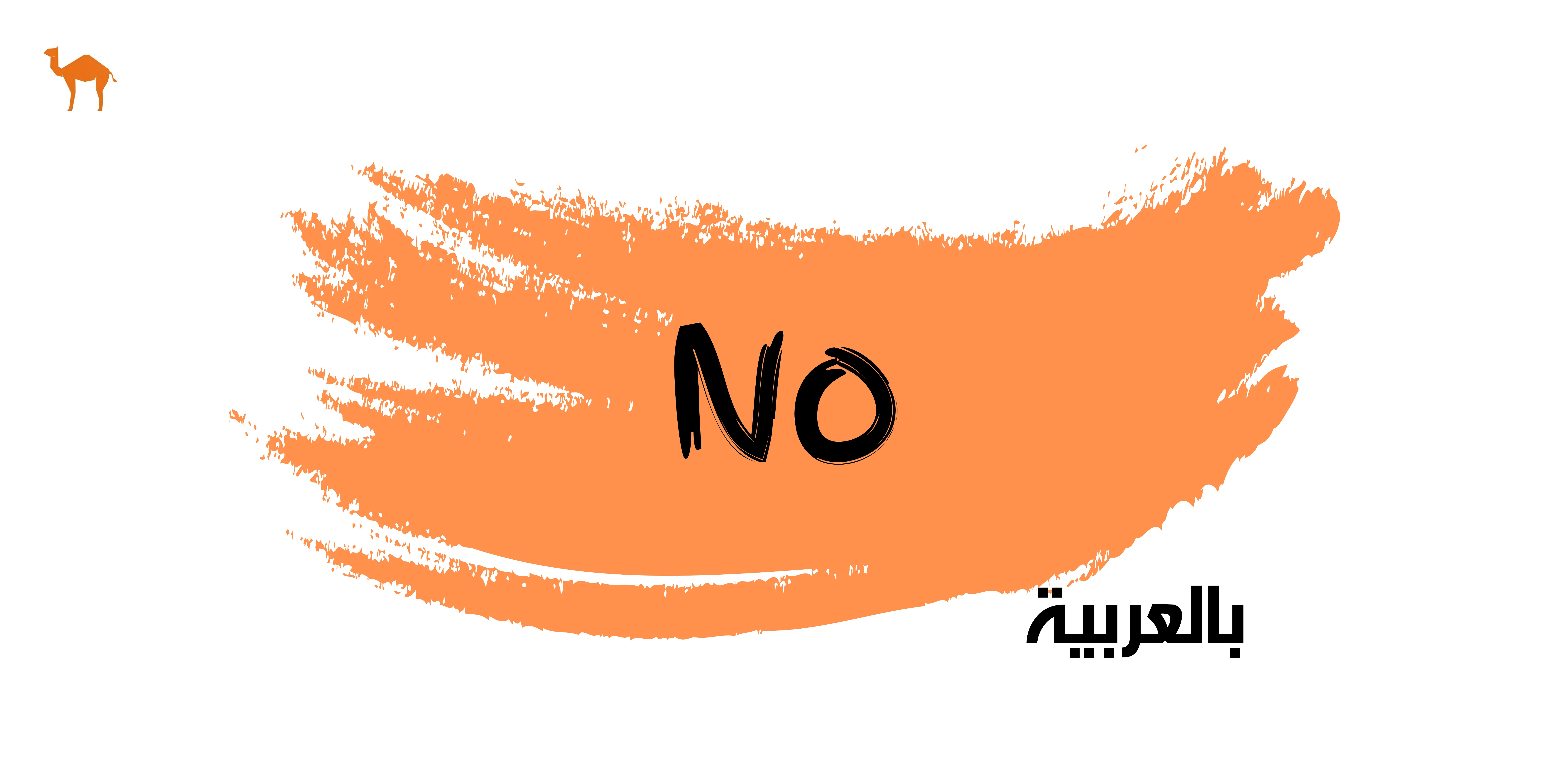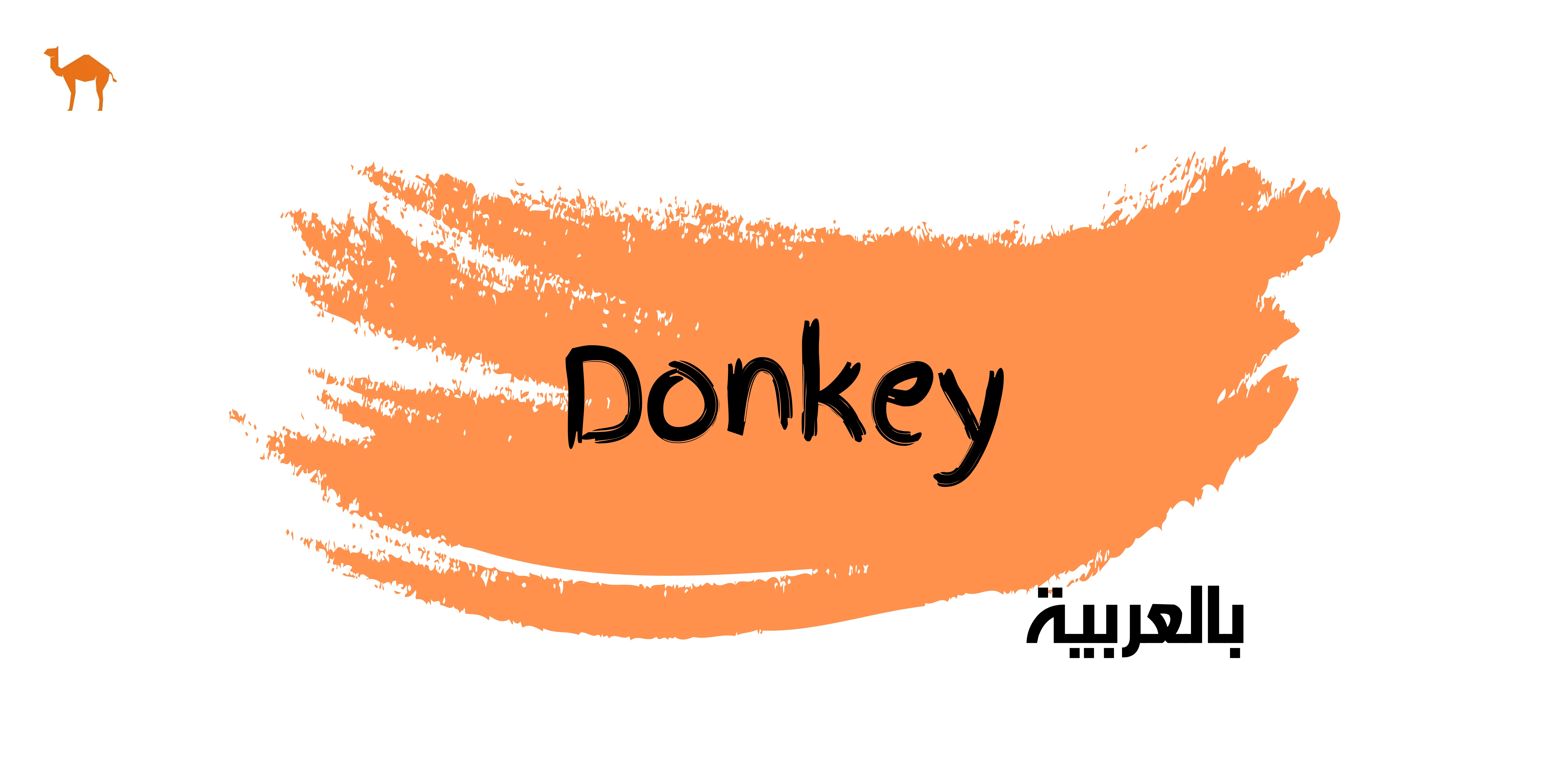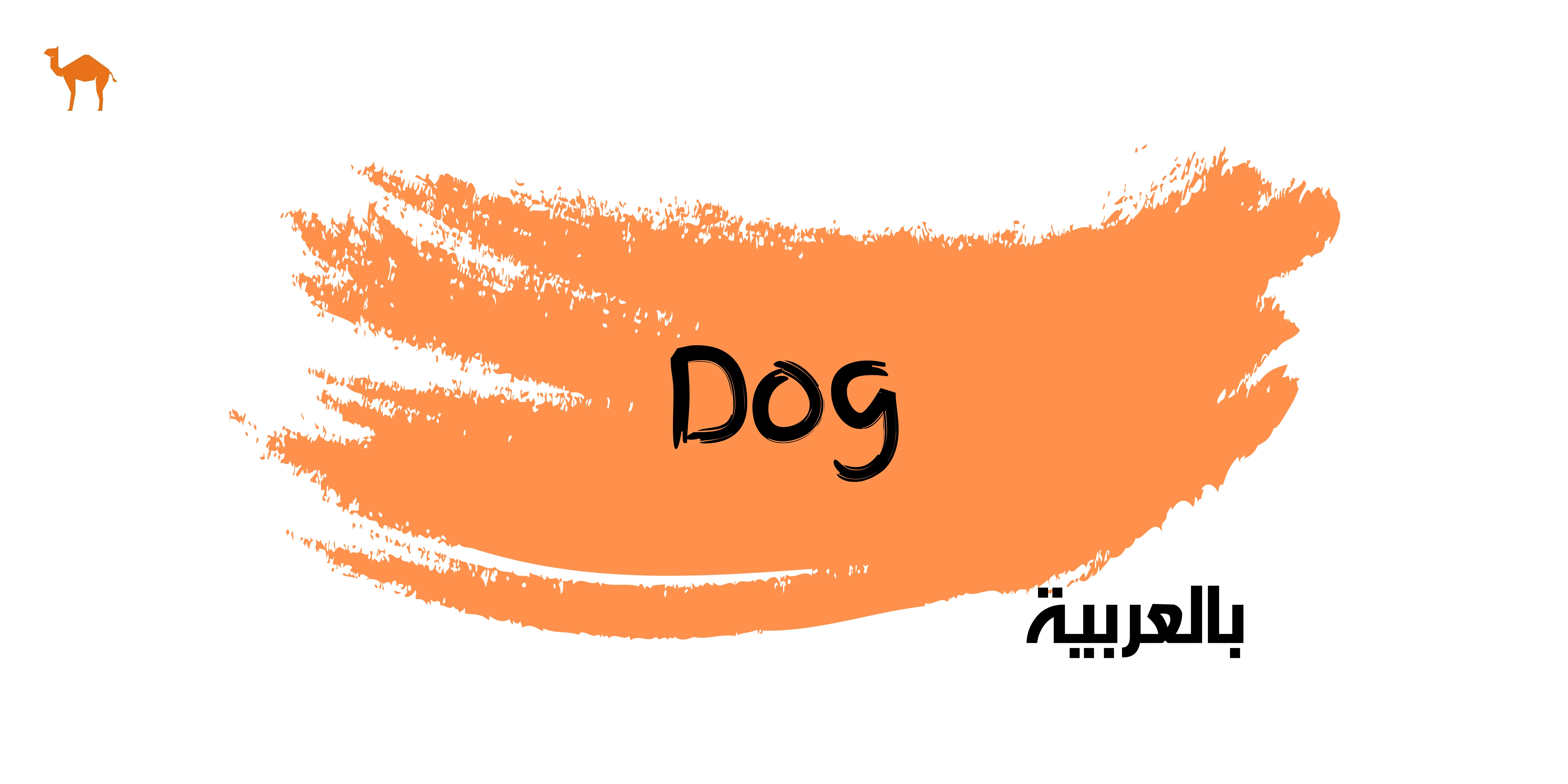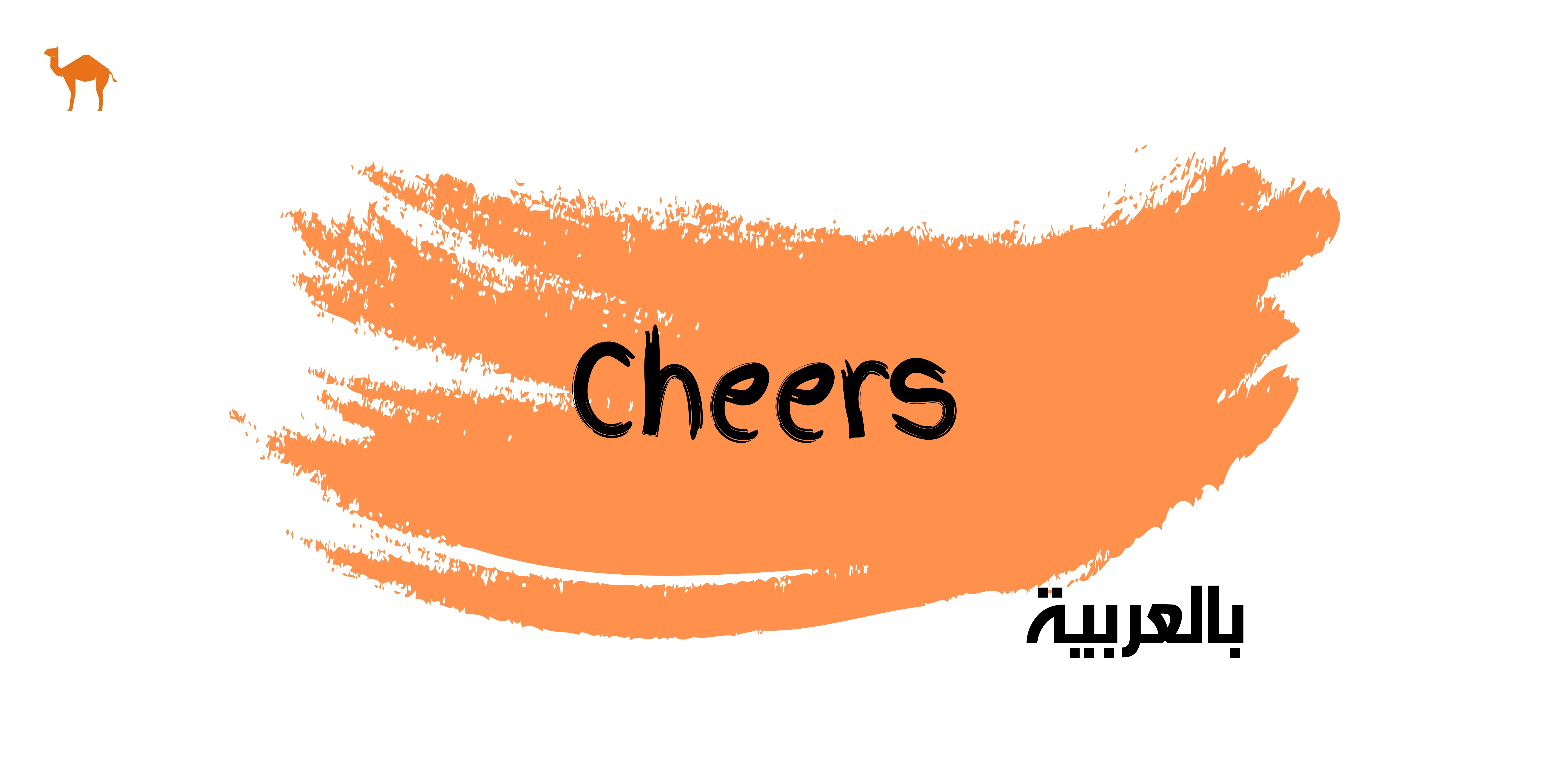How to Say 'No' in Arabic

Negation is a crucial aspect of language that allows us to express refusal, denial, or contradiction. In Arabic, the art of saying "no" carries various nuances and expressions. Let's explore the richness of negation in the Arabic language and how it manifests across different contexts. In this article, you will learn how to say no in Arabic.
How to Say No in Arabic
In Arabic, one of the most common ways to negate a statement is by using the word "لا" (lā). This simple yet powerful word can be employed in various situations, from declining offers to expressing disagreement.
How To Deny an Action in Arabic
In Arabic, the particles "لا" (lā), "لن" (lann), and "لم" (lamm) are used to negate verbs, each with its own specific usage and grammatical rules. Here's a detailed explanation of the differences between them:
لا (Lā)
- Usage: Used to negate present tense verbs.
- Context: Indicates that the action is not happening currently or habitually.
- Structure: لا + present tense verb
Example: ".لا يذهب إلى المدرسة" (lā yadhhabu ila al-madrasah.) - "He does not go to school."
لن (Lann)
- Usage: Used to negate future tense verbs.
- Context: Indicates that the action will not happen in the future.
- Structure: لن + present tense verb in the subjunctive mood
Example: ".لن يحضر غدًا" (lan yahdur ghdaan.) - "He will not (won't) come tomorrow."
لم (Lamm)
- Usage: Used to negate past tense verbs.
- Context: Indicates that the action did not happen in the past.
- Structure: لم + present tense verb in the jussive mood
Example: ".لم يكتب الواجب" (lam yaktub al-wajib.) - "He did not write the homework."
Summary of Differences
Temporal Aspect:
- لا (lā): Negates the present and habitual actions.
- لن (lann): Negates future actions.
- لم (lamm): Negates past actions.
Grammatical Form:
- لا (lā): Followed by the present tense verb.
- لن (lann): Followed by the present tense verb in the subjunctive mood.
- لم (lamm): Followed by the present tense verb in the jussive mood.
Examples in Sentences
- لا (lā):
".لا يحب السفر" (Lā yuheb as-safar.) - "He does not like to travel." - لن (lann):
".لن يسافر غدًا" (Lann yusafer ghadan.) - "He will not travel tomorrow." - لم (lamm):
".لم يسافر أمس" (Lamm yusafer ams.) - "He did not travel yesterday."
Negation with "لَيْسَ"
The word "لَيْسَ" (laysa) in Arabic is used to negate nouns, adjectives, and sometimes verbs. It functions similarly to the English "is not" or "are not". The verb "لَيْسَ" (laysa) is conjugated to agree with the subject in gender and number. Here are the common forms:
First Person Forms
- لَسْتُ (lastu) - I am not.
Example: ".أَنا لَسْتُ مُتَعَبًا" (ʾanā lastu mutaʿaban) - "I am not tired." - لَسْنَا (lasnā) - We are not
Example: ".نَحْنُ لَسْنَا في المدرسة" (naḥnu lasnā fī al-madrasa) - "We are not at school."
Second Person Forms
- لَسْتَ (lasta) - You (masculine) are not.
Example: ".أَنتَ لَسْتَ جَاهِزًا" (ʾanta lasta jāhizan) - "You (male) are not ready." - لَسْتِ (lasti) - You (feminine) are not.
Example: ".أَنتِ لَسْتِ في البيت" (ʾanti lasti fī al-bayt) - "You (female) are not at home." - لَسْتُمَا (lastumā) - You (dual) are not
Example: أَنتُمَا لَسْتُمَا مُتَفَوِّقَيْن (ʾantumā lastumā mutafawwiqayn) - "You (two people) are not outstanding."
Masculine Forms
- لَيْسَ (laysa) - He is not.
Example: ".هو لَيْسَ طبيبًا" (huwa laysa ṭabīban) - "He is not a doctor." - لَيْسَا (laysā) - They (dual masculine) are not.
Example: ".هُمَا لَيْسَا في المنزل" (humā laysā fī al-manzil) - "They (two males) are not at home." - لَيْسُوا (laysū) - They (plural masculine) are not.
Example: ".هُم لَيْسُوا مُعَلِّمِينَ" (hum laysū muʿallimīn) - "They are not teachers."
Feminine Forms
- لَيْسَتْ (laysat) - She is not.
Example: ".هِيَ لَيْسَتْ طالِبةً" (hiya laysat ṭālibatan) - "She is not a student." - لَيْسَتَا (laysatā) - They (dual feminine) are not.
Example: ".هُمَا لَيْسَتَا صَدِيقَتَيْن" (humā laysatā ṣadīqatayn) - "They (two females) are not friends." - لَسْنَ (lasna) - They (plural feminine) are not.
Example: "هُنَّ لَسْنَ مُهَنْدِسَاتٍ" (hunna lasna muhandisātin) - "They (females) are not engineers."
Different Ways to Say No in Arabic Dialects
Saying "no" in Arabic can vary significantly across different dialects. Here's a look at how "no" is expressed in several Arabic dialects:
Egyptian
Egyptian Arabic is the most widely used dialect in music, media, and television shows.
- لا (lā) - Common across all Arabic dialects.
- لأ (laʾ) - Commonly used for a casual "no."
Examples:
- لأ، مش عايز. (laʾ, mish 'āyez.) - "No, I don't want."
- لا، مش دلوقتي. (lā, mish dilwaʾti.) - "No, not now."
Gulf (Khaliji)
This dialect is frequently used in the United Arab Emirates, Qatar, Bahrain, Kuwait, Oman, and Iraq.
- لا (lā) - Common across all Arabic dialects.
- ما في (ma fi) - Colloquially, it can mean "there is no" or "no."
Examples:
- لا، ما أبي. (lā, mā abī.) - "No, I don't want."
- لا، بعدين. (lā, baʿdēn.) - "No, later."
Levantine
This dialect is primarily common in Syria, Jordan, Palestine, and Lebanon.
- لا (lā) - Common across all Arabic dialects.
- لأ (laʾ) - A more casual or emphatic way of saying "no."
Examples:
- لا، ما بدي. (lā, mā baddī.) - "No, I don't want."
- لأ، مش هلأ. (laʾ, mish hallaʾ.) - "No, not now."
Darija (Maghrebi)
It refers to any of the varieties of colloquial Maghrebi Arabic in Morocco, Algeria, Tunisia, and Libya.
- لا (lā) - Common across all Arabic dialects.
Examples:
- لا، ماشي باغي. (lā, māshī bāghī.) - "No, I don't want."
- لا، مش دابا. (lā, mish dābā.) - "No, not now."
Explore the richness of the Arabic language and culture with eArabic.io's online courses tailored for learners worldwide, whether you're a beginner or an advanced student, our comprehensive curriculum and expert instruction provide an immersive learning experience accessible from anywhere. Dive into the program in Arabic, designed to deepen your understanding and proficiency in this vital language. Book a free Arabic lesson!


